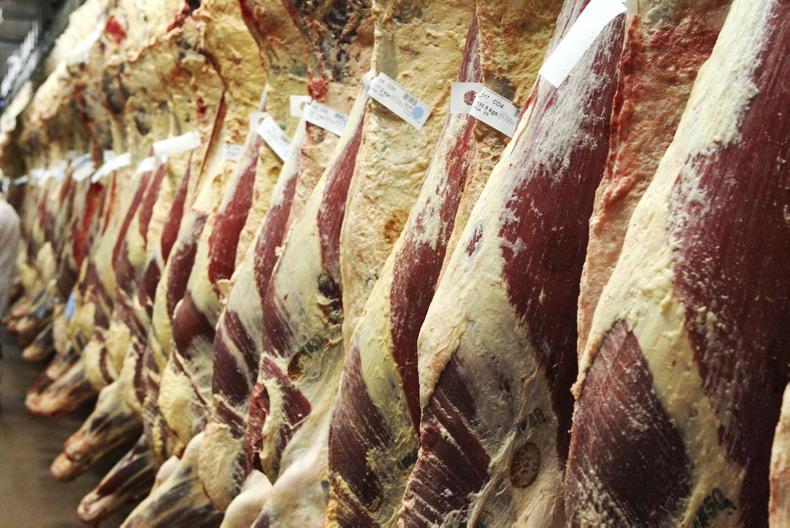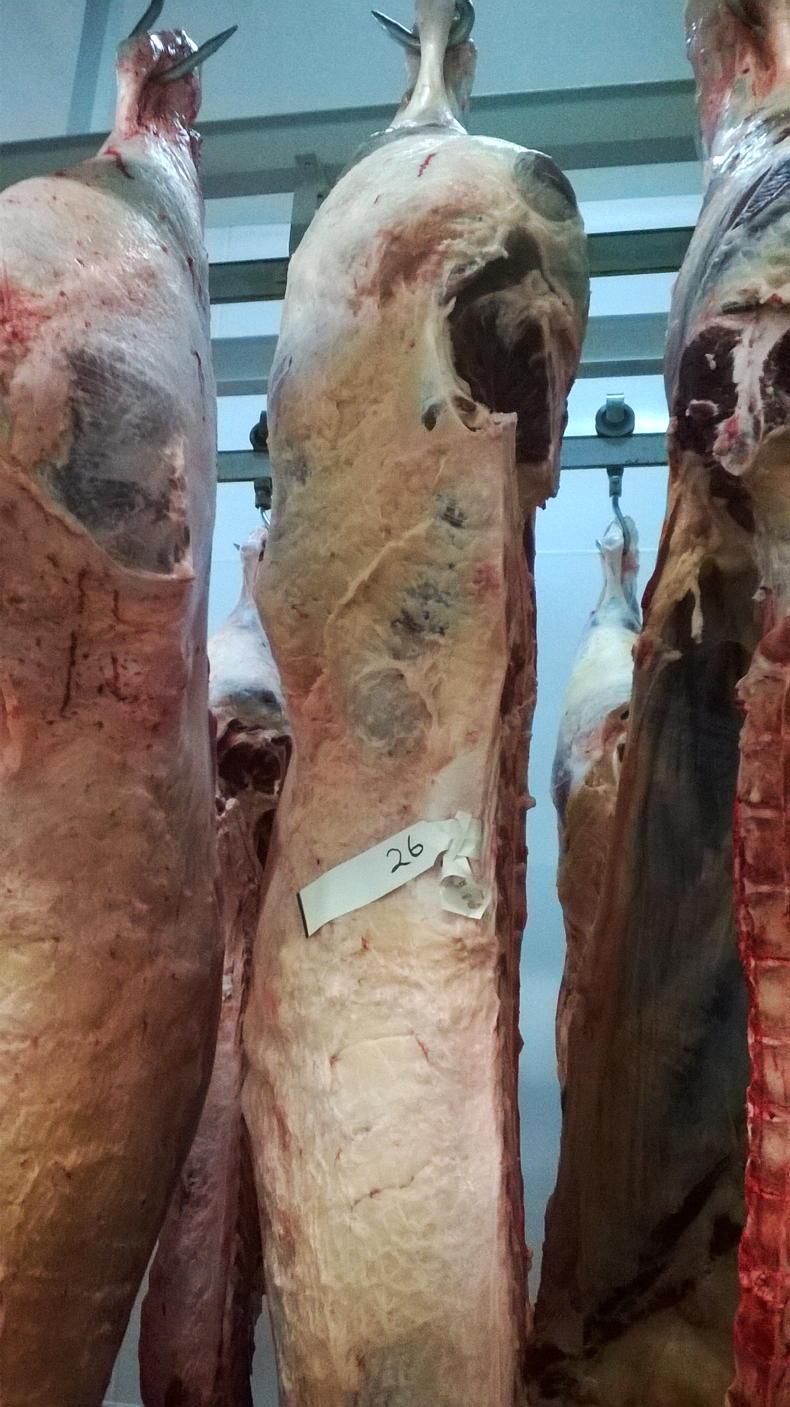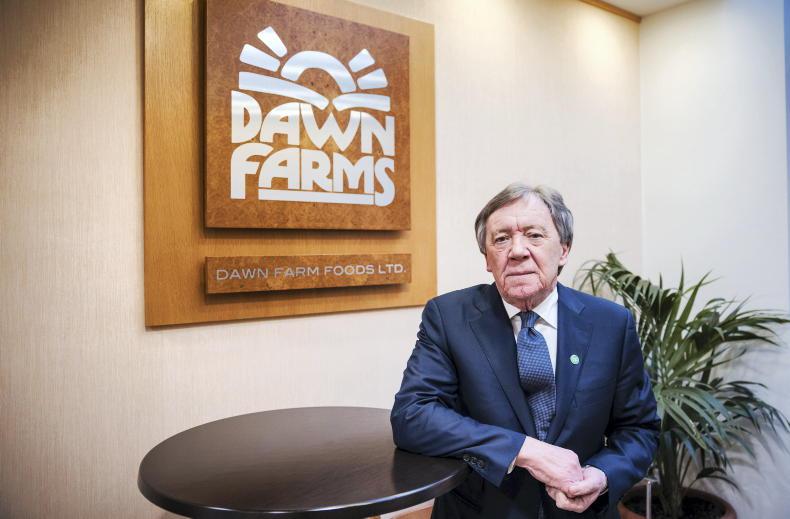The deal that sees Highland meats’ Saltcoats factory merge with the Dunbia group, which has factories in Elgin and Ayr as well as several others across the UK, has been approved by the competition authorities. Meanwhile, ABP, which owns a large processing facility in Perth, has been cleared by the EU Competition authorities to complete the acquisition of a half share of the Linden Foods business. Its main business is beef and lamb processing and retail packing in Dungannon Northern Ireland, with an abattoir in Burenden in the north of England and a catering butcher business in Co Fermanagh, Northern Ireland.
The announcements by the UK and EU Competition authorities that the ABP-Linden and Dawn-Dunbia deals were cleared to go ahead caused no great surprise. Unlike the ABP-Slaney deal in 2016, farmer opposition in Ireland was more muted this time round. Perhaps it is because the major opposition to this deal, which was approved just over a year ago, didn’t have any influence on the decision that there was a feeling of inevitability about the competition clearance being obtained this time round.
After ABP-Slaney/ICM, jointly owned by the Allen family and Linden Foods, which was the Fane Valley Co-Ops beef and lamb processing business, it was no surprise that Linden would follow the same path. Linden, like Slaney, has superb facilities, including a retail packing and further-processing unit in Dungannon. It also has an abattoir in the north of England and Kettyle Foods, a Co Fermanagh-based high-end catering supplier.
Dawn’s move on Dunbia had been in development for some time, as Dunbia, owned by the Dobson brothers, had grown from a butcher’s shop in a Co Tyrone village to one of the foremost meat processors in the UK and Ireland, though smaller than ABP. Dawn has taken outright ownership of Dunbia’s only Republic of Ireland factory in Slane, while the UK business of Dawn and Dunbia will merge under Dunbia branding, though Dawn will be the majority shareholder.
These approvals mean that the Dawn-Dunbia and ABP-Linden businesses will account for almost half the processing capacity in the UK. Of immediate interest in Scotland will be what place there is for Dunbia’s Elgin facility, or indeed the processing factory in Ayr, given its closeness to Dawn’s Highland meats factory in Saltcoats.
What is in it for factories involved?
From a meat-processors’ viewpoint there is perfect logic in these joint ventures and acquisitions. Slaney, Linden and ICM have superb facilities yet are small by international standards, and it is difficult to attract the big retail customers who want a small number of suppliers that can deliver their entire beef requirements. By gaining access to the ABP customer network, Slaney and Linden will have a higher value portfolio of customers. For ABP, it will have access to the largest single-site abattoirs both sides of the Irish border and a strong farmer supply network. Following the horsemeat issue, it is a further opportunity to shorten the supply chain and take more of the meat sourcing in-house.
On sheepmeat, APB will have access to the ICM expertise, which have developed a wide range of customers for value-added lamb products across Europe. Expect ABP’s UK sheepmeat business to tap into this expertise.
For Dawn and Dunbia, Dawn is synonymous with the MacDonald’s business and while active in UK retail, it is Dunbia that would have the wider recognition in that business.
Similarly, with sheepmeat, Dunbia’s Oriel Jones factory in Wales is one of the largest in Europe and is a huge supplier of lamb to the UK retailers and a range of continental customers as well. Dawn’s Irish sheepmeat business could tap into this, though the long-term prospects will be shaped by Brexit.









SHARING OPTIONS